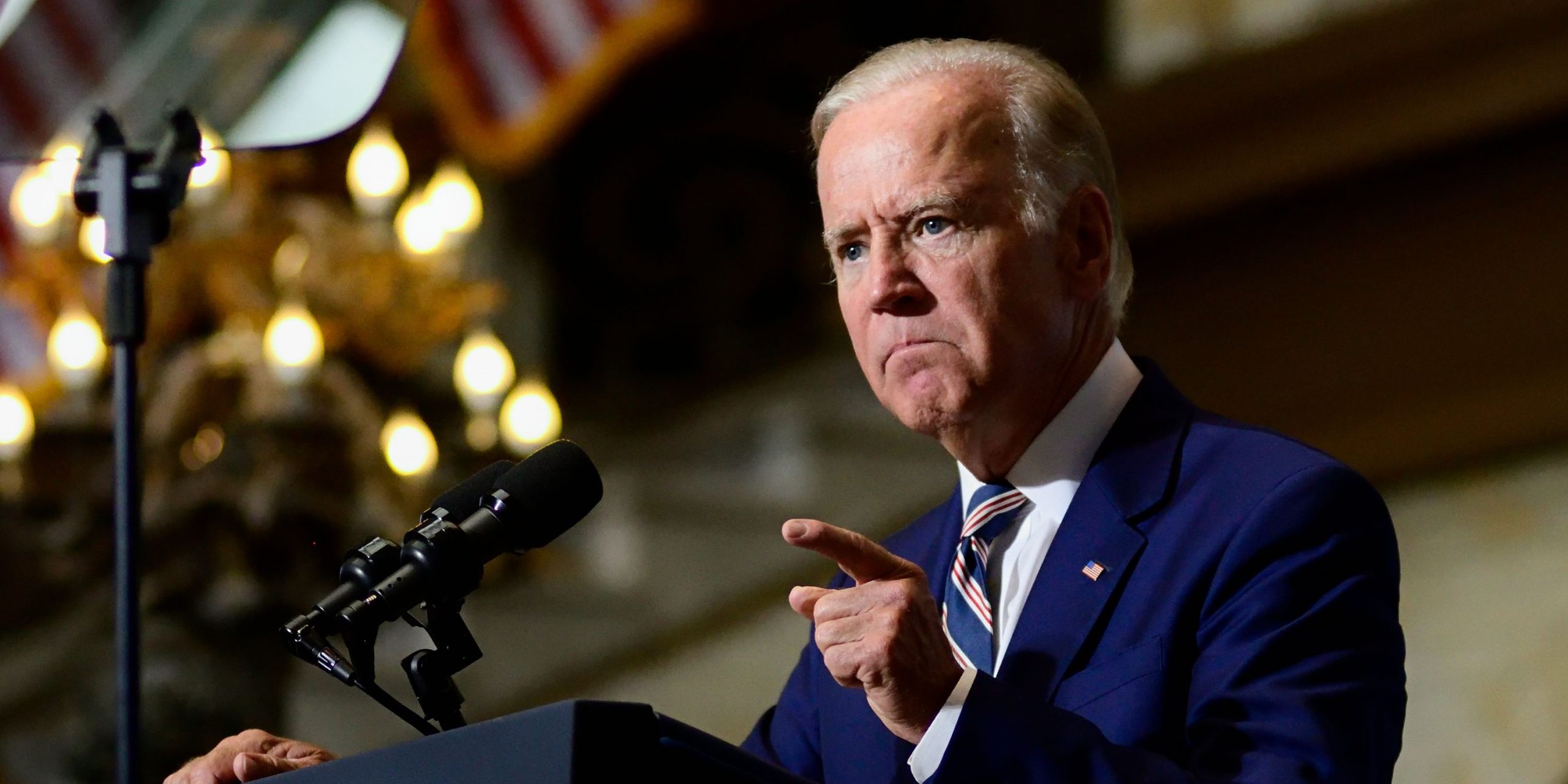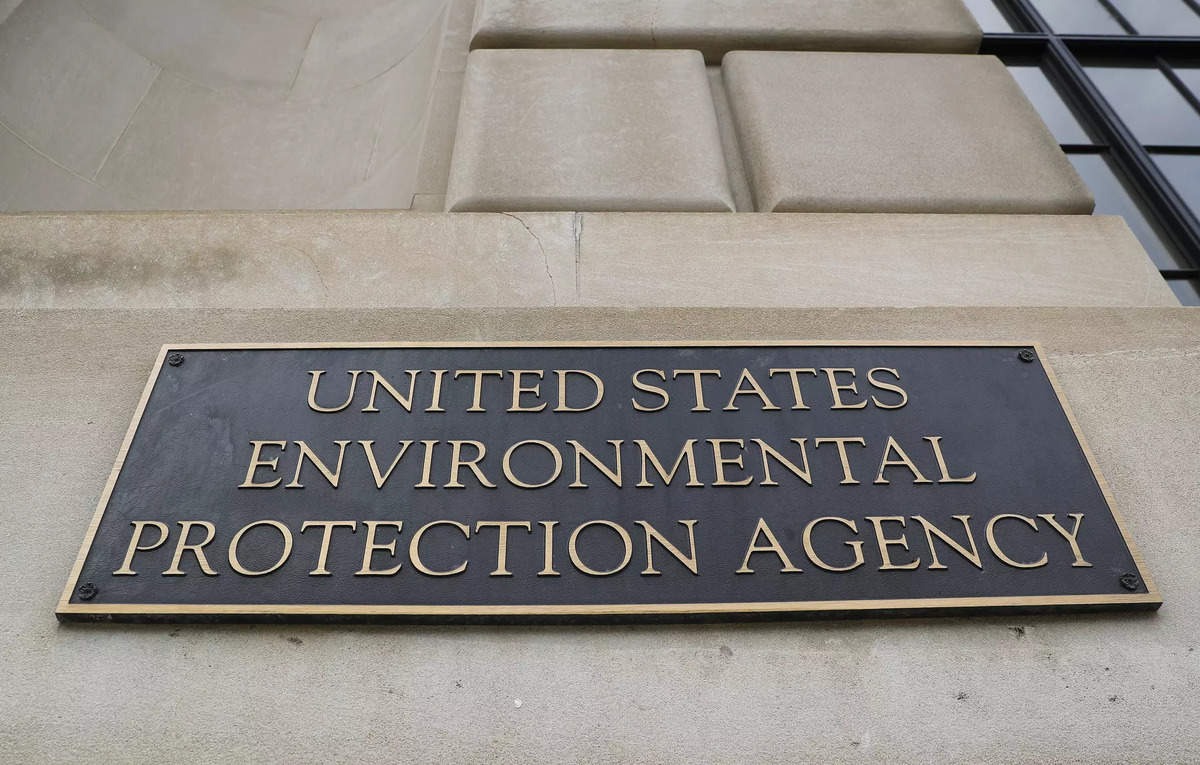Eight nonprofit institutions have been selected to oversee the administration of $20 billion in federal funds to combat climate change and reduce pollution.
The allocation of these funds, stemming from the Democrats’ 2022 climate, tax, and healthcare bill, was previously announced by the Biden administration to be managed by a combination of large national and smaller local institutions. However, the specific entities tasked with this responsibility had not been disclosed until now.
The selected institutions, which Vice President Kamala Harris and EPA Administrator Michael Regan are expected to formally announce on Thursday, include the Climate United Fund, Coalition for Green Capital, Power Forward Communities, Opportunity Finance Network, Inclusiv, Justice Climate Fund, Appalachian Community Capital, and Native CDFI Network.

Vice President Kamala Harris (Credits: NPR)
In a written statement, Vice President Harris emphasized that these grantees will be crucial in ensuring that families, small businesses, and community leaders have access to the necessary capital to implement climate and clean energy projects in their communities.
The Biden administration highlighted the track record of these organizations in providing funding for climate-friendly initiatives to thousands of individuals, businesses, and community groups.
According to the administration, the infusion of federal capital will pave the way for tens of thousands more climate-related projects to be initiated. However, the allocation of these funds has faced criticism from Republicans, who have derided it as a “slush fund” and have proposed repealing it.

Joe Biden (Credits: The Intercept)
There are concerns that if Republicans regain control of both chambers of Congress and the White House, they may attempt to repeal the allocation. However, this could prove challenging if the funds have already been distributed to external organizations.
Environmental groups have hailed the federal funding as a significant step forward in bolstering climate action nationwide. Adam Kent, director of blended and inclusive finance at the Natural Resources Defense Council, described the investment as unprecedented and vital for advancing climate initiatives and supporting communities across the country.























